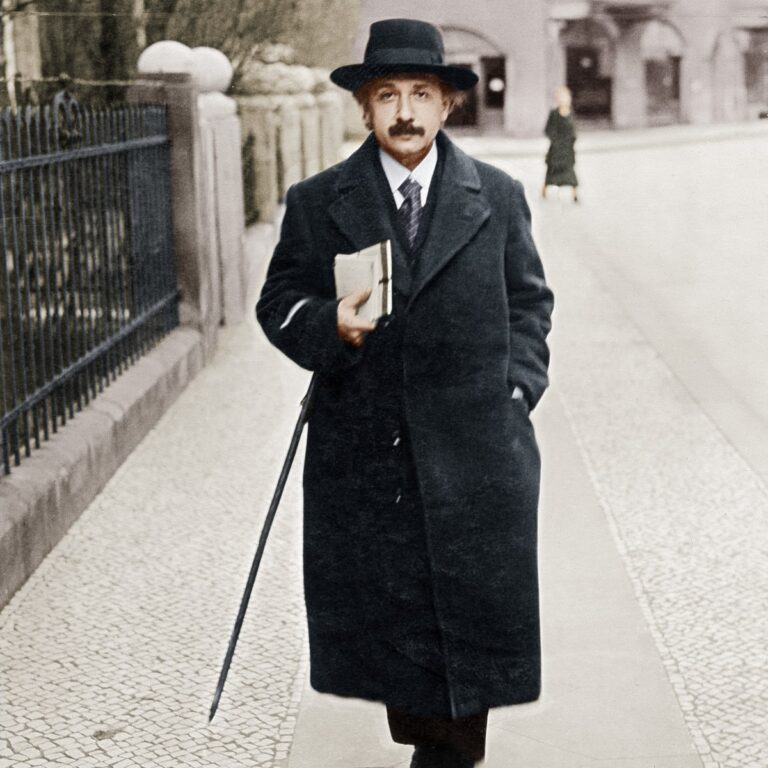U.S. DARPA Program to Exploit Quantum Information Processing Selects Teams
DARPA Kicks Off Program to Advance Quantum Computing
Image: DARPA’s Optimization with Noisy Intermediate-Scale Quantum devices (ONISQ) program will pursue a hybrid concept that combines intermediate-sized quantum devices with classical systems to solve challenging optimization problems. (Image Credit: DARPA)
DARPA has selected seven university and industry teams for the first phase of the Optimization with Noisy Intermediate-Scale Quantum devices (ONISQ) program. Phase 1 of the program began in March and will last 18 months.
ONISQ aims to exploit quantum information processing before universal fault-tolerant quantum computers are realized, which isn’t expected for many years. The program is pursuing a hybrid concept that combines intermediate-sized quantum devices (hundreds to thousands of quantum bits, or qubits) with classical computing systems to solve a particularly challenging set of problems known as combinatorial optimization.
ONISQ seeks to demonstrate a quantitative advantage of quantum information processing by leapfrogging the performance of classical-only systems in solving optimization challenges. If successful, ONISQ could be applied to optimization problems of interest to defense and commercial industry, such as global logistics management, electronics manufacturing, and protein-folding.
“What is particularly exciting about the ONISQ teams is that quantum information scientists will be working side-by-side with experts in classical optimization theory,” said Tatjana Curcic, program manager in DARPA’s Defense Sciences Office. “Together they will investigate where the hybrid quantum/classical approach will have the biggest payoff.”
In Technical Area 1, the following performers were selected to demonstrate a hybrid quantum/classical optimization algorithm in a quantum device to solve a specific combinatorial optimization problem:
- Georgia Tech Applied Research Corporation
- Universities Space Research Association
- Presidents & Fellows of Harvard College
- ColdQuanta, Inc.
The following performers were chosen under Technical Area 2 to develop general theoretical methods to pave the way for a quantum optimization paradigm that surpasses the best classical methods for certain classes of combinatorial optimization problems:
- University of Tennessee
- Clemson University
- Lehigh University
Depending on research achievements in Phase 1, performers may be selected for a 30-month Phase 2.
Source: DARPA. DARPA Public Affairs, DARPA Kicks Off Program to Advance Quantum Computing…
Content may have been edited for style and clarity.

